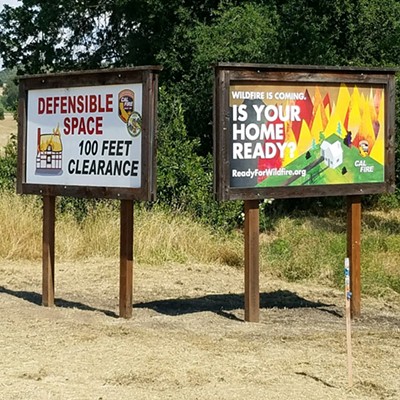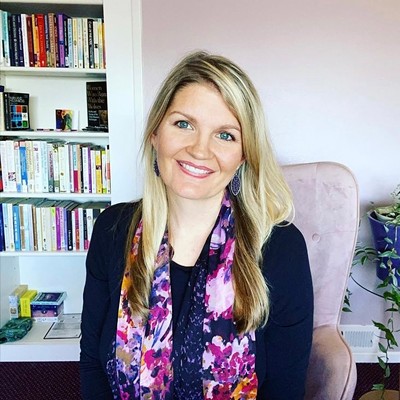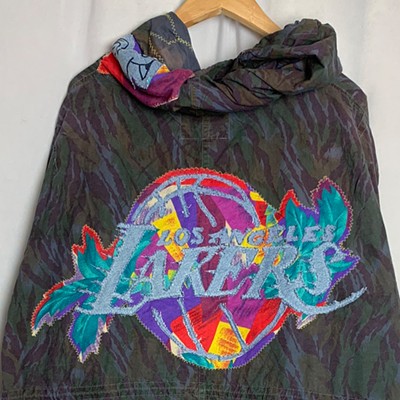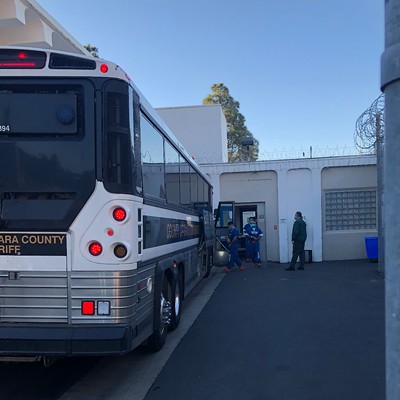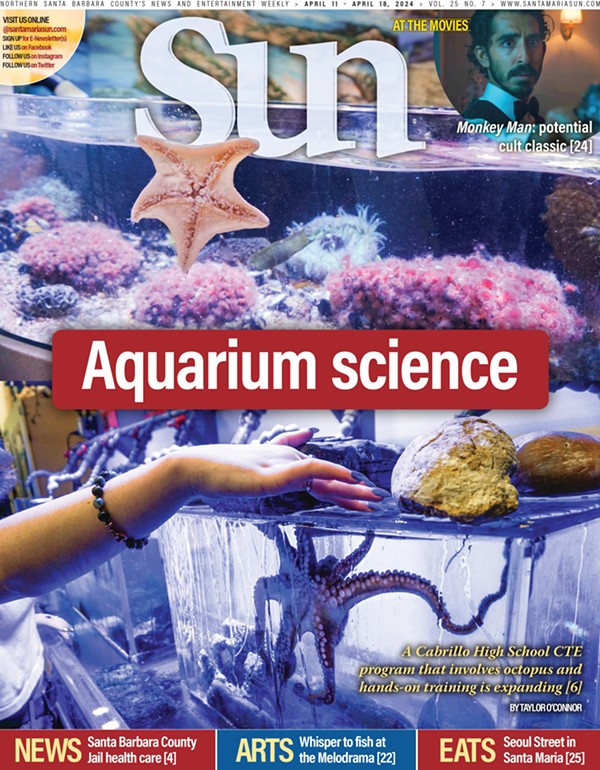Valentine’s Day may be over, but Dignity Health is celebrating hearts for the entire month of February in recognition of American Heart Month. The health care company wants to empower people to take preventive heart care seriously, as heart disease is the No. 1 killer of men and women in the U.S. and worldwide, according to Marian Regional Medical Center cardiologist Dr. Alex Harrison. The Sun spoke with Harrison about the importance of catching heart issues early.

Sun: COVID-19 is, of course, the main medical story that’s dominating headlines. But cardiac health is still so important, since heart disease is the No. 1 cause of death in America. Tell me about the importance of keeping up one’s heart health during COVID.
Harrison: Early in the pandemic there was a tremendous fear of going to the hospital to catch COVID potentially. So the numbers of heart attacks that we were seeing in the hospital fell dramatically, not just here but around the country. The number of heart attacks did not decrease … they were just not coming into the hospital and basically suffering through them. We’ve seen that where people present a week or two weeks after having had a chest pain episode, and now they’re in significant heart failure from permanent heart muscle damage that was largely treatable if they would have presented when they had symptoms and got the emergent care they desperately needed. The same is true for routine medical care: A lot of visits have been delayed or postponed. … The trickle-down effect of that isn’t something we’re necessarily identifying right now, but it is a definite concern for the future.
Sun: I think a lot of people are under the misconception that if they’re healthy looking and live a healthy lifestyle, they can’t have heart issues. But it doesn’t mean that they’re excluded from potential heart problems, right?
Harrison: Exactly. Many of the heart disease risk factors are so-called silent killers, because high blood pressure and high cholesterol and high blood sugar are all things that don’t make you feel poorly. You can live for years and years feeling fine until they’ve caused serious damage. Many times, the first presentation of heart disease is a cardiac arrest, which you don’t always get a second chance from.
Sun: Are you concerned at all about how COVID as a disease might affect the heart long term?
Harrison: Definitely that is a concern. How much of an impact is still very much unknown. A lot of the data coming out early in the pandemic from other countries was that it [heart complications from COVID] was a significant cause of death in China and elsewhere, and we really have not seen that to the degree at all that was reported from other countries. But this is such a new disease and affects people differently.
Sun: What are some common myths about heart disease that you would like to dispel, and what can my readers do to have a better understanding of how they should care for their heart health?
Harrison: It’s never too late to get involved and take ownership for your heart health. There was a big push by the American Heart Association years ago called “Know Your Numbers”: just trying to empower people to know what their blood pressure is, know what their cholesterol is, know what their blood sugar is—and be involved in their care. Those things are so easily tested, inexpensively, and so easily treated, and are so powerful to minimizing the risk of long-term health damage. The way I describe it to my patients is, why do you change the oil in your car, change your tires, and check your brakes? Because you don’t want your car to break down or get in an accident. The same is true with your body. You’ve got to look underneath the hood every once in a while and see what’s going on, because you never know when something’s going to potentially go wrong.
Highlight:
• Pacific Gas & Electric Company (PG&E) announced a new incentive for Californians looking to buy an electric vehicle. PG&E and other electric utilities are partnering with the California Air Resources Board (CARB) to offer the California Clean Fuel Reward, “a point-of-sale price reduction of up to $1,500 off the purchase or lease of any eligible, new electric vehicle,” according to PG&E. “The instant point-of-sale price reduction of up to $1,500 will help make these ultra-clean cars more affordable, especially for low-income families or those living in disadvantaged communities,” CARB Vice-Chair Sandy Berg said in a statement. For more information about the program, visit cleanfuelreward.com.
Staff Writer Malea Martin wrote this week’s Spotlight. Send business or nonprofit news tips to [email protected].



